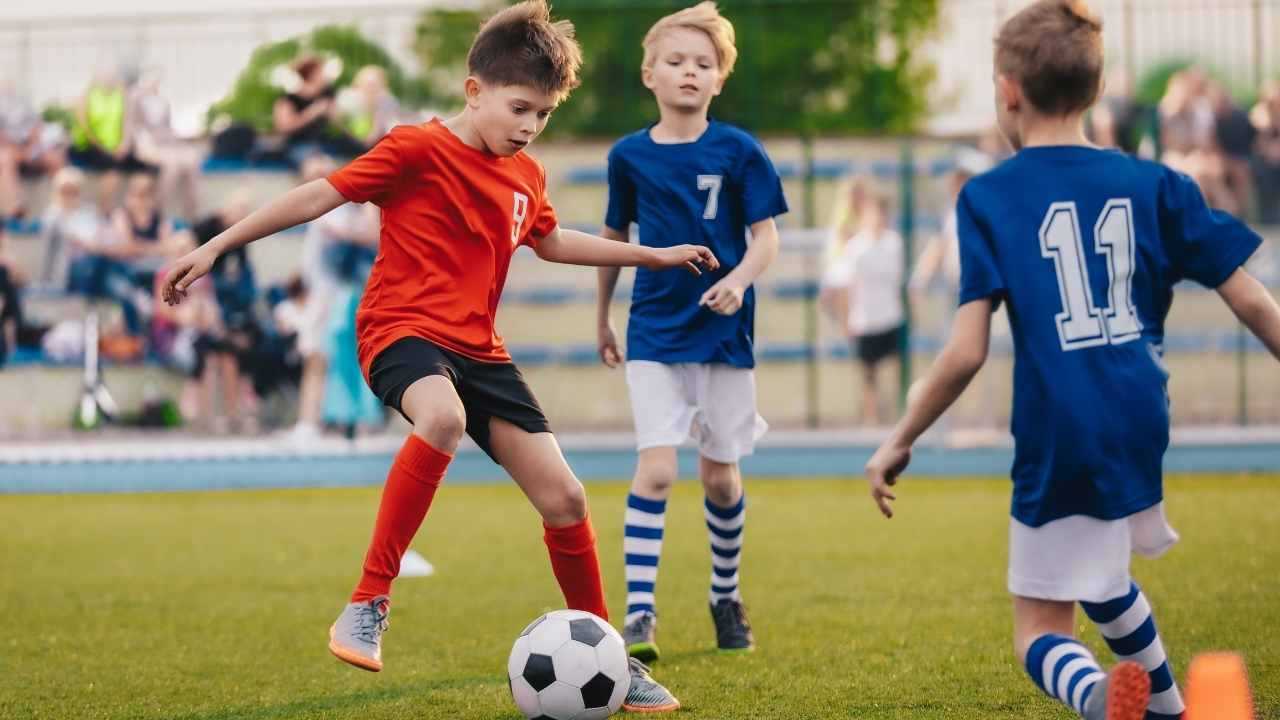The Secrets to Coaching Gen Z
Kids these days. If you’re struggling to connect with your players, it’s science to the rescue
Laura Lambert
| 5 min read

Canva
Spending time with kids — in particular, a dozen kids who aren’t your own — can feel like a surreal weekly trip to Planet TikTok. What’s your flex, Coach? Huh?
Boomer, Gen X and Millennial coaches, meet Gen Z — the country’s newest generational cohort, some 68 million strong. Born between 1997 and roughly 2015, Gen Z is currently between 6 and 24 years old. And the generation gap right now is no joke. Dr. Dan Gould, director of the Institute for the Study of Youth Sports at Michigan State University, set out to see what youth coaches — specifically, tennis coaches — made of this gap, and how to bridge it.
The study, published in the Journal of Applied Sport Psychology, applies broadly — i.e. you don’t have to coach tennis to feel its truth. Think of it as a user manual for the kids you’re coaching right now.
What’s Gen Z good at?
In general, says Gould, the coaches he interviewed felt that Gen Z had a lot of great qualities and talents.
“They care more than any generation ever. They’re technologically savvy — more than any generation ever. They’re motivated. And they want to be successful,” he explains.
But as with all generations, there are pros and cons.
Where Gen Z struggles
This is where youth coaches, in particular, feel challenged. “The cons?” says Gould. “They tend to be less independent. They usually have everything organized for them, so they’re less good at organizing for themselves. And they struggle a little bit more with stress and adversity.”
But like any good leader, a coach can reframe those challenges as opportunities.
“As coaches, we can kind of fill that void,” says Gould. “I think sports is a great place to do that because kids have successes and failures. You know, if you strike out, Mom can’t fix it. Dad can’t fix it. They need to learn how to deal with it.”
What’s a coach to do?
Gould and his fellow researchers have some tips.
Flex your technology. “The smartphone sort of changed the game,” says Gould. And technology in general. Some of the coaches in the tennis study use iPads on the court to give kids visual feedback. This is particularly effective, says Gould, because Gen Z kids tend to be visual learners.
Keep it short, Coach. What goes hand-in-hand with tech-savvy, visual learners? Short attention spans. “As a coach, you can’t be telling these old war stories from back in the day,” he says. “You gotta be in and out pretty quick.”
Text first. As a practical matter, says Gould, coaches may have to change their communication style — quite literally. “Coaches will say, if I want to talk to the kid on the phone, I have to text first because she or he won’t pick up the phone unless I text.”
Yes, ma’am. On the same note, coaches might find themselves helping with old school, face-to-face communication. In an interview, Gould said he knows coaches who are teaching players to shake hands and make eye contact, “just like they would a tennis skill.”
Be direct. Giving feedback is at the heart of coaching — there’s no way around it. But Gen Z can have a hard time with negative feedback, says Gould — “again, because they were overprotected in general and praised so often by parents and loved ones.” The trick is to provide correction, but also context and the opportunity for growth. “You’ve got to be honest with kids,” says Gould. “When you give feedback, you really want to give them some instruction and how they can get better or fix it.”
Foster independence. Gould says this can be the hardest, especially for inexperienced coaches. “It’s about learning how to give the kids a little more say, more control,” he says.
More control, more choice will look different at different ages. “For real little ones, maybe they get to pick the animal that they want to be in the drill,” says Gould. They can dribble like an elephant, or like a snake, for example. “For older kids, we might even ask them to have input on the practice.”
Such small shifts help coaches to be more effective, and for Gen Z kids to grow — on and off the field.
Says Gould, “Sports is a great laboratory to teach kids how to deal with life.”




